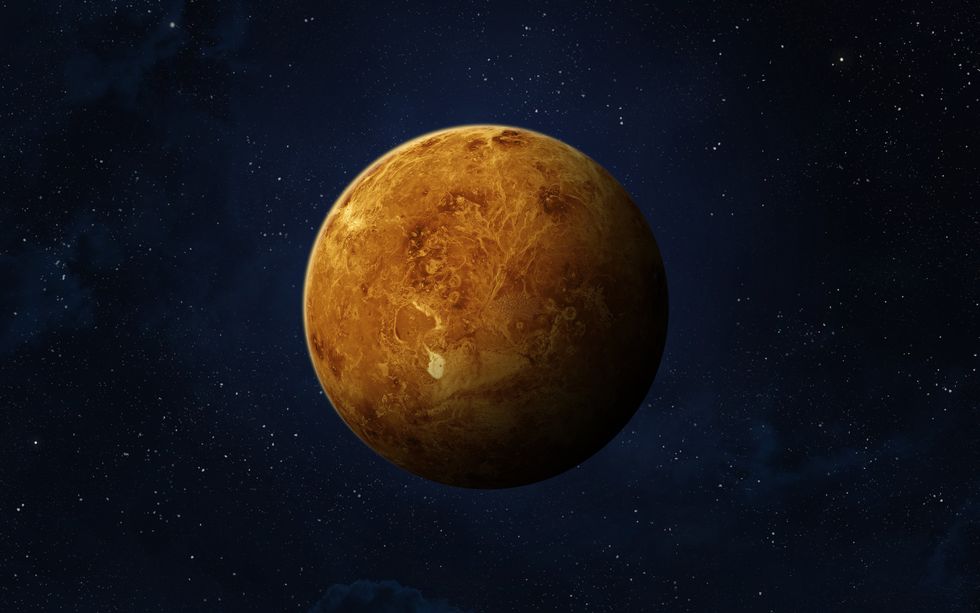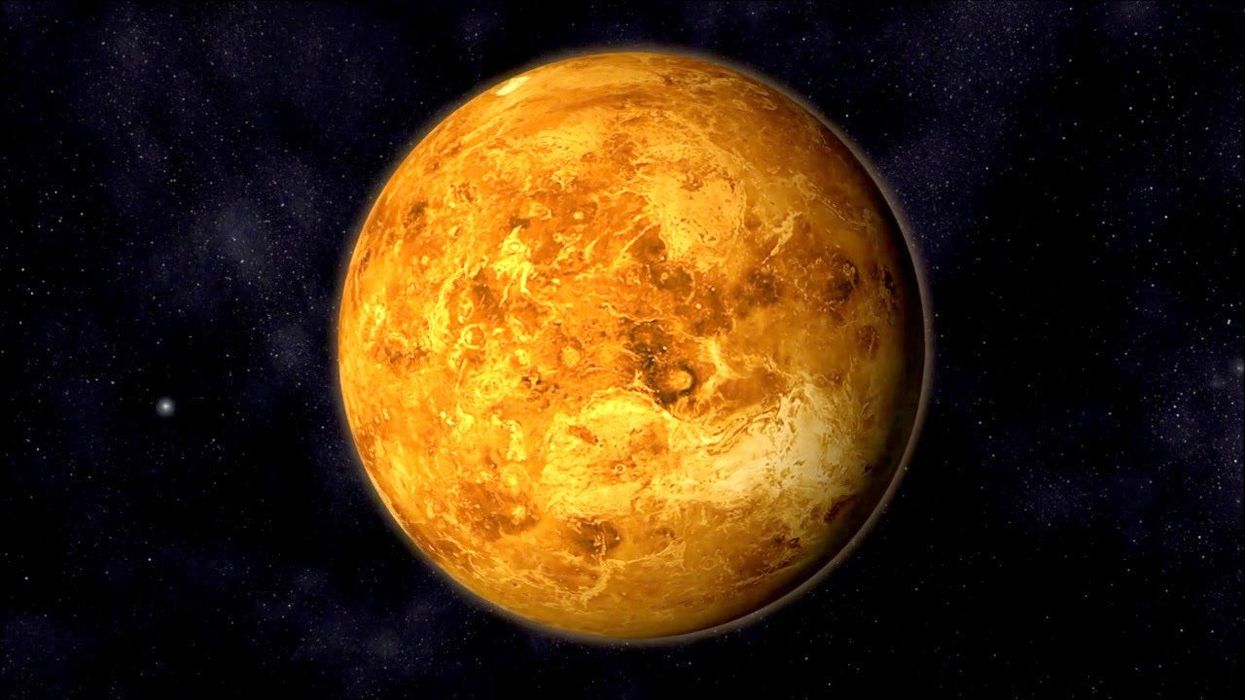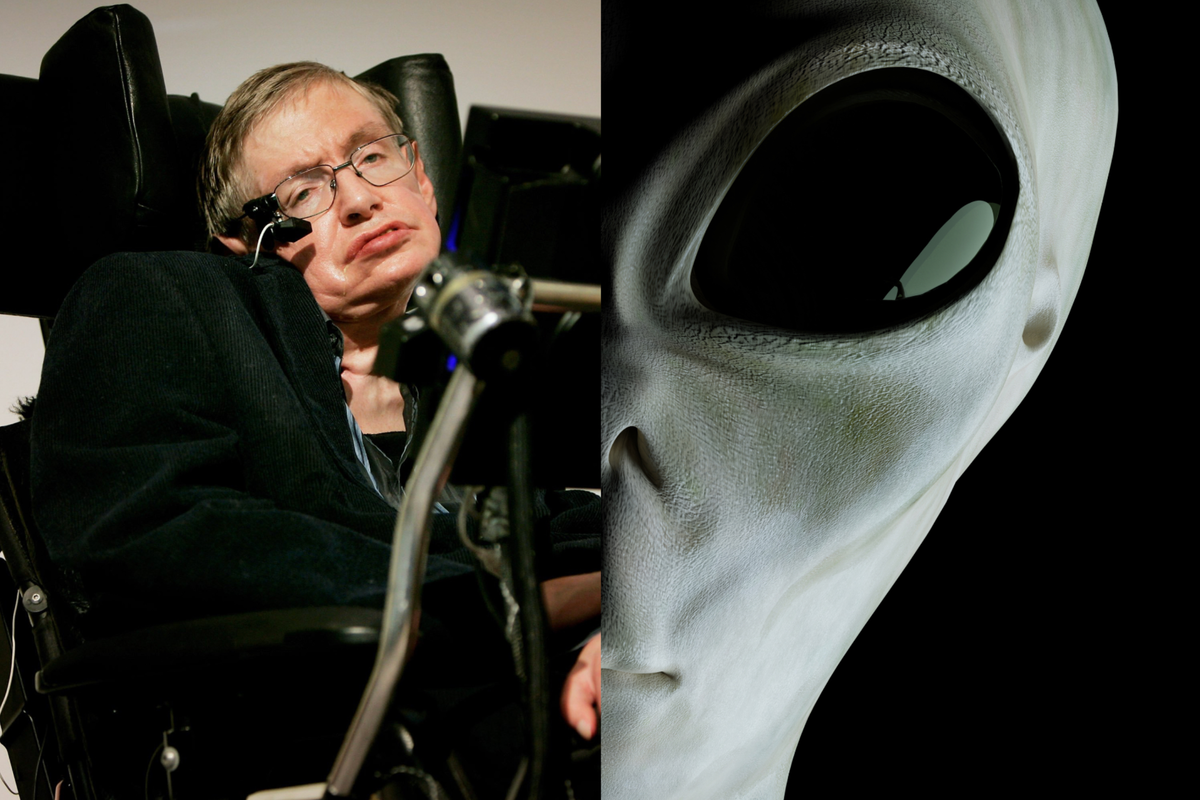Jake Brigstock
Jul 19, 2024
Reanalysis of 90’s Magellan Mission Data Points to Venus Being a Volcanically …
ZMG - Amaze Lab / VideoElephant
Scientists looking to find out if there is life on Venus have found signs of two gases in clouds over it which could mean there is or has been.
At a national astronomy meeting in Hull in the UK on July 17, findings were presented for a gas called phosphine; its presence on the planet has previously been contested, reports The Guardian.
Phosphine is a colourless, flammable and explosive gas at room temperature that smells like garlic or decaying fish.
A different team found a tentative detection of ammonia which, on Planet Earth, is usually produced by biological activity and industrial processes - its presence on Venus could not be explained.
While these gases do not confirm life on Venus, it could lead to more scrutiny of the planet with the most hostile atmosphere in our solar system.
Speaking during the meeting, Dr Dave Clements, a reader in astrophysics at Imperial College London, said: "It could be that if Venus went through a warm, wet phase in the past then as runaway global warming took effect [life] would have evolved to survive in the only niche left to it - the clouds."

Venus' surface reaches around 450 degrees Celsius in temperature, its atmospheric pressure is 90 times that of Earth and there are clouds of sulphuric acid.
But around 50km above the surface, conditions are closer to that here and could be survivable.
While the presence of phosphine on Venus has been contested, Clements and his team suggested there could be a reason for that.
"Our findings suggest when the atmosphere is bathed in sunlight the phosphine is destroyed," he said.
"All that we can say is that phosphine is there. We don't know what's producing it. It may be chemistry that we don't understand. Or possibly life."
Professor Jane Greaves, an astronomer at Cardiff University, then presented preliminary observations that ammonia has been spotted on Venus but warned it's too early to confirm if there is any life on the planet.
"Even if we confirmed both of these [findings], it is not evidence that we have found these magic microbes and they're living there today," she said.
How to join the indy100's free WhatsApp channel
Sign up to our free indy100 weekly newsletter
Have your say in our news democracy. Click the upvote icon at the top of the page to help raise this article through the indy100 rankings.
Top 100
The Conversation (0)













